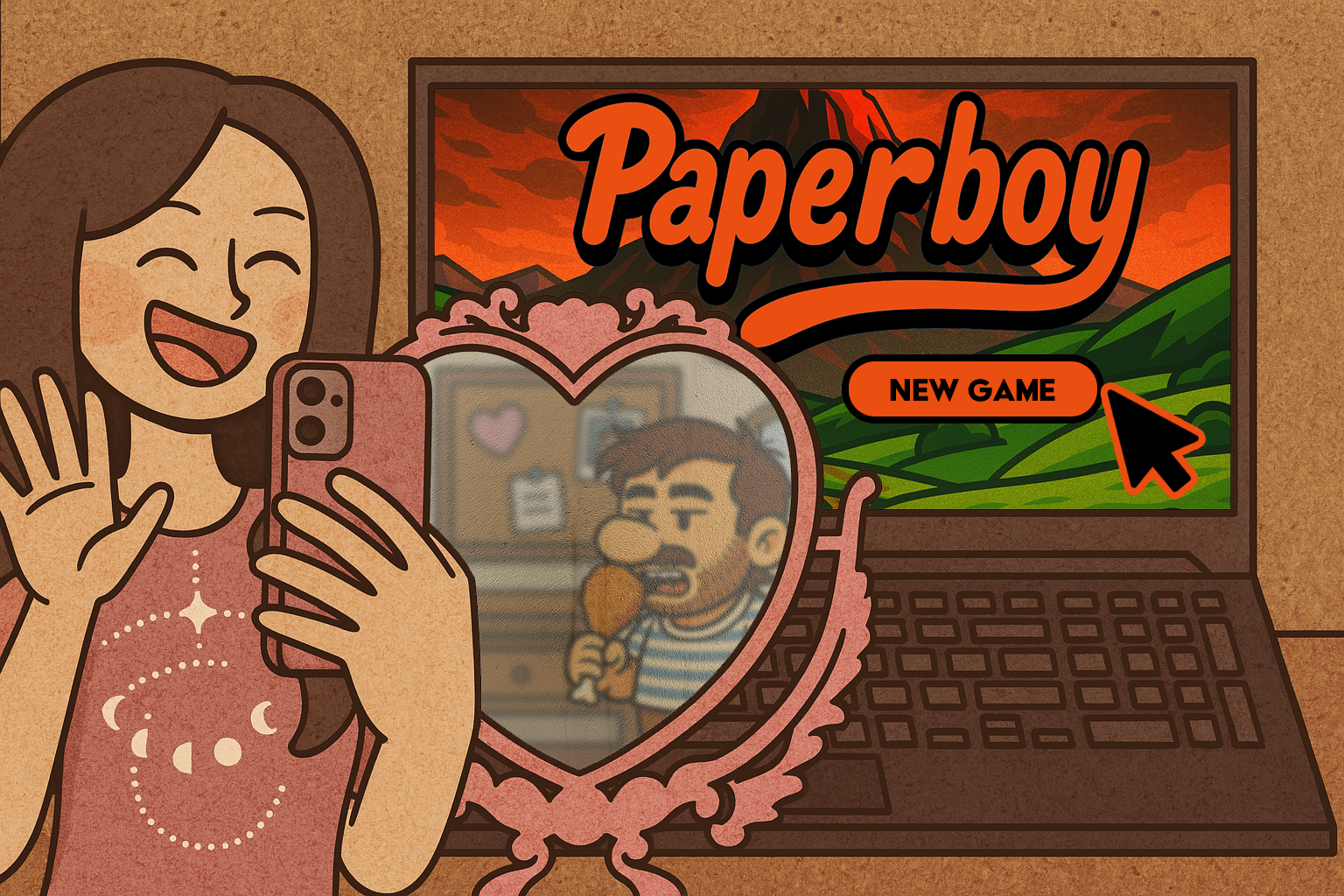
What Does "Indie Game" Really Mean?"
The term “indie game” gets thrown around a lot—but what does it actually mean? If you’ve ever found yourself wondering whether your game counts as indie, or why some small games feel more “indie” than others, you’re not alone. The truth is, there’s no single definition. But let’s explore what most people mean when they talk about indie games.
Independence from Publishers
At its core, “indie” stands for independent. This usually means the game was created without the financial backing or creative control of a major publisher. No big corporate strings attached. That doesn’t mean the game can’t be successful or well-funded—it just means the creators had full control over the process.
Indie Games Are Not Just About Money
Some say the best way to understand indie games is by their relationship with money:
Indies make money so they can make games.Non-indies make games so they can make money.
That doesn’t mean indies can’t make money (many do!), but profit isn’t the driving force. Instead, the focus is on passion, vision, and creative freedom.
Can a One-Person Dev Be Indie?
Absolutely. In fact, many of the most iconic indie games started with just one or two people working tirelessly to bring a vision to life. Think Undertale, Stardew Valley, or Papers, Please—small teams (or solo devs) with big ideas.
What Makes Indie Games Different?
The real magic of indie games comes from their willingness to take risks. A major studio might not greenlight a border-control simulator (Papers, Please) or a psychedelic breathing experience (SoundSelf), but indie devs don’t have to pitch to a room of executives. They just build what excites them.
Because of this freedom, indie games are often:
More experimental
More personal
More unique in mechanics or storytelling
Are All Small Games Indie?
Not necessarily. Just because a game is small or low-budget doesn’t mean it’s indie. If a mobile game is made under contract for a bigger company, for example, it’s not really indie—even if the team is tiny. On the flip side, some indie studios grow in size or get successful (Hades by Supergiant Games), but still operate independently and retain creative control.
So, Are You an Indie Dev?
If you’re making games on your own, or with a small team, and you’re not beholden to a publisher—you’re indie. Budget size matters less than your creative independence. If you’re making a game because you love the process, not because it’s the next cash cow, you’re part of the indie spirit.
Final Thoughts on the Indie Game Meaning
“Indie” isn’t just a budget size or team count—it’s a mindset. It’s about making games because you want to, not because a shareholder told you to. It’s about freedom to create, innovate, and sometimes even fail. And that freedom? That’s what makes indie games so special.
So yes—if you’re pouring your heart into something weird, personal, and maybe a little risky—you’re indie. Welcome to the club.





